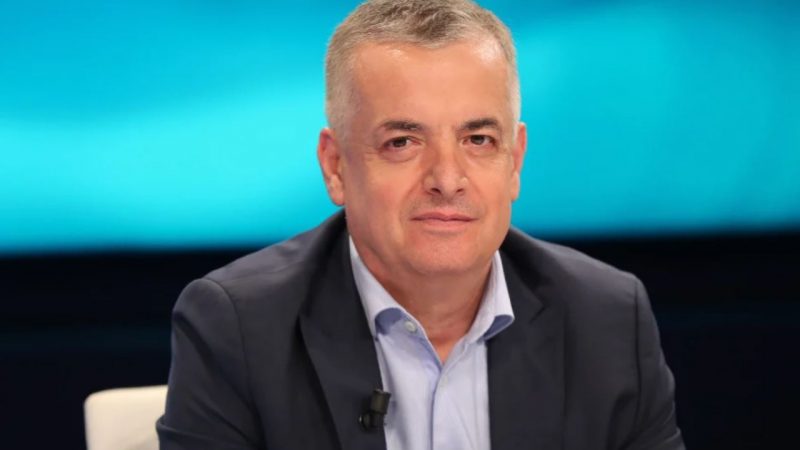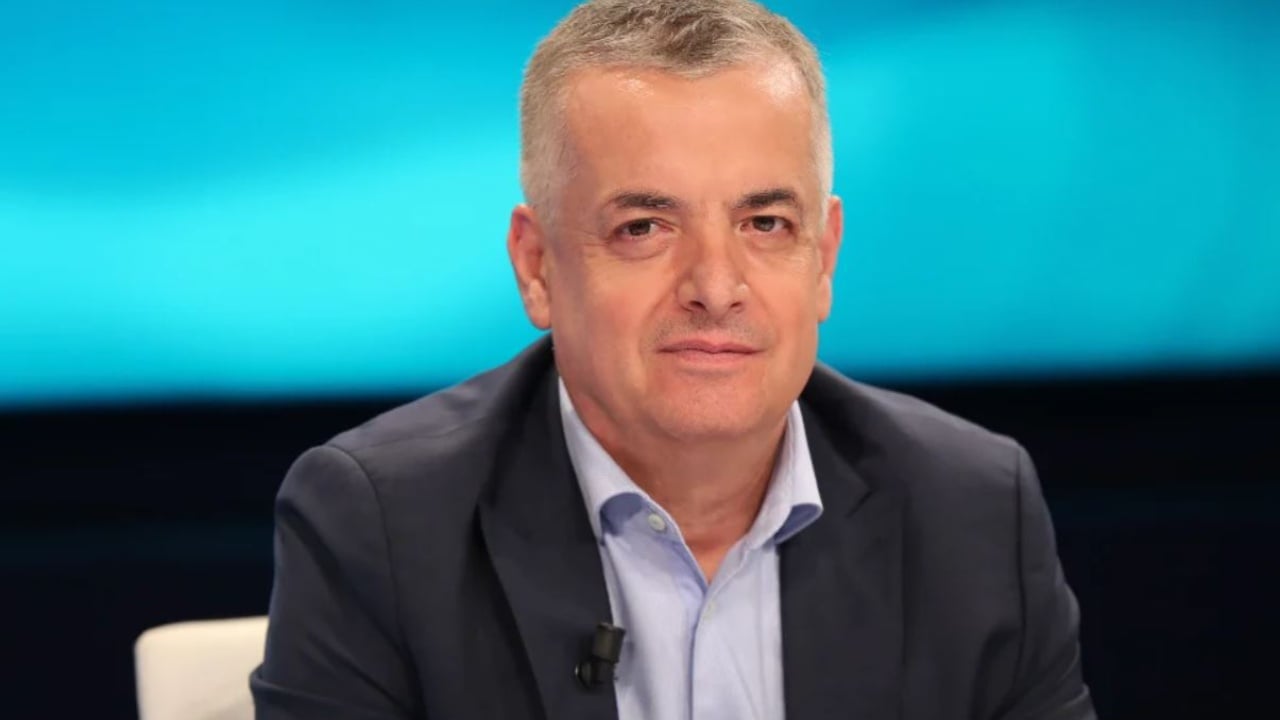 Linda Rama: Between Family, Work and Albania’s Future
Linda Rama: Between Family, Work and Albania’s Future 
By Mentor Nazarko
It is entirely clear that the Kosovo-Serbia dialogue, mediated by the European Union, has reached a dead end. The arrival of new leaders at the helm of the Union, the end of Lajčák’s mandate and his eventual replacement, elections in Germany, the February 9 elections in Kosovo — if there are no early elections in Serbia — make it unclear when we will again see high-level dialogue.
However, within the European front, new cautious proposals are emerging. The German CDU deputy Knut Abraham, considered a friend of Kosovo, says that the EU should develop separate dialogues with both states, turning the obligations of the Ohrid Agreement into obligations for EU integration. This thesis was also supported by Prime Minister Rama, who proposed such an idea in the Parliament of Kosovo, facing backlash from VV deputies.
But how did we get here? European mediation was imposed by a resolution of the UN General Assembly in September 2010. However, it is quite clear that the European Union lacks the enforcing power to fully implement the agreements negotiated so far. This is the drama. Agreements are implemented if, between the two states, two societies, real processes of relationship normalization begin, if there are powerful guarantors and not while the parties incite hostilities culminating in acts of aggression like the one in Banjska.
The American solution remains the best…
Four years ago, the Washington Agreement was signed between President Vučić and Prime Minister Avdullah Hoti, representing a leap beyond the said resolution. In many aspects, it was a qualitative leap: the mediator was the White House, and the guarantor was the White House, not a European Commissioner or an envoy of the Commission. The text of the agreement, which may have changed due to the resistance of the parties, was limited by letters President Trump sent to the negotiators — with mutual recognition at the center. The final detailed text — displaced persons, Ujman (Lake Gazivoda) in shared interest, diploma recognition, railways, etc. — envisioned a powerful economic carrot. It involved an American investment fund based in Belgrade to finance infrastructure projects connecting all Balkan countries, serving as an alternative to China’s One Belt, One Road initiative and even the Berlin Process funded by the EU.
But most importantly — and this is the differential element — American mediation seemed tolerated by Russia or understood with it, as seen by the absence of public Russian opposition. Moreover, President Putin briefly met Hashim Thaçi in France during organized ceremonies, and the photo was commented on by his PR chief, Dmitry Peskov. Serious media reported that Russia had tolerated American involvement and Kosovo’s UN membership in exchange for legalizing the annexation of Crimea.
What is the path to return to that point?
In Article 15 of the agreement, a one-year moratorium was foreseen, during which both parties would refrain from efforts for membership in international organizations or campaigns for derecognition. It is clear that this article temporarily suspended Kosovo’s demand for mutual recognition by Serbia, as a result of Serbian pleas, until a later date — when logically the parties would meet again. This article was realistic, although the pandemic effectively froze much international multilateral activity.
Four years have passed since then. Prime Minister Kurti criticized the agreement, called for voting for Biden, and his mandate passed without real progress under European mediation and weak Washington support. Today, it would be ideal for the parties to meet again under the mediation of President Trump or his team, where Richard Grenell still seems to have an interest in such a topic. Back then, with VV’s encouragement, the opposition, leaderless after Thaçi’s arrest, remained silent while Grenell, President Trump, and his family were attacked. Critics of Grenell in Kosovo even mentioned his decoration by Vučić, forgetting that he had previously received the Medal of Freedom from Thaçi.
The Connection with the Russia-Ukraine Conflict
Does the fact that the world, including the US, is focused on the Russia-Ukraine conflict hinder progress? Yes and no. President Trump comes with increased authority at the helm of the US, and success in resolving one conflict would positively impact reaching an agreement between Kosovo and Serbia. Not because Kurti autolesionistically says Kosovo is like Ukraine! But because in resolving either conflict, the precedent of border changes has been used: by force in 1999, consensually between two parties (Washington Agreement), or by referendum (Russian minority).
Contrary to what is said and thought in Pristina, Russia is very willing to accept the Kosovo precedent, as Putin himself stated publicly alongside UN Secretary-General Guterres in 2022. Kosovo can only become a member of the Security Council with Russia’s approval. Russia cannot forever follow Serbia’s fate.
The Time Is Now. What About the Special Court?
The time has come again for the Washington Agreement to be reactivated, starting precisely from Article 15. When Kosovo has a new government with renewed authority, a basis can also be created for revising or abolishing the Special Court, with a consensual parliamentary vote in Pristina. This could include a clause in a new, updated Washington Agreement, something Grenell has hinted he would like: as a slap to Prosecutor Smith but also as recognition for former President Thaçi, his reasonable interlocutor who has spent four years in prison without a court ruling.
When President Trump imposed the signing of that agreement, a Swedish MP nominated him and the two presidents for the Nobel Prize. The next day, Trump said in his campaign: I negotiated an agreement between two nations at war for 150 years. Naively, our critics said — What does this have to do with independent Kosovo? They forgot that the agreement from four years ago indirectly envisioned total normalization between two nations, including Albania. Nowhere was there talk of territorial exchange, but rather of a new American vision for the Balkans through the Mini-Schengen table, which would distribute infrastructure funds for all countries.
So why were we against it back then, and why should we still be against it four years later?
Top Channel








